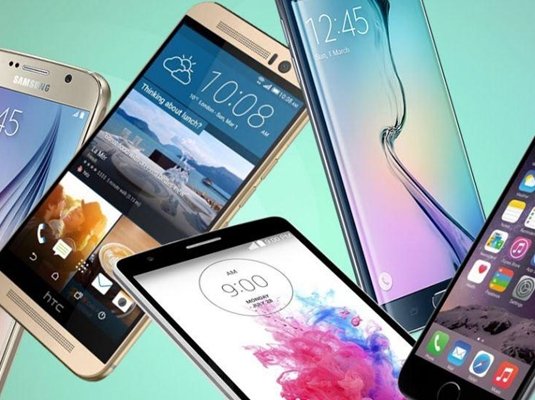– Tufail Ahmed (B.Tech. Petro AMU)
Three billion people, around 40% of the world’s population, use social media – and we’re spending an average of two hours every day sharing, liking, tweeting, and updating on these platforms, according to various reports. That breaks down to around half a million tweets and Snapchat photos shared every minute.
With social media playing such a big part in our lives, could we be sacrificing our mental health and well-being as well as our time?
From a neurological perspective, social media affects different brain functions in unique ways. It contains many combinations of stimuli that can trigger different reactions, and because of this, social media’s effects on the brain appear in a variety of ways.
Positive attention on social media, for example, affects multiple parts of the brain like-acquiring likes on Facebook, Twitter, or Instagram causes activation in brain circuitry including the striatum and ventral tegmental area, implicating a reward, caused due to receiving Likes from others. This sounds complicated but when approached from a different perspective, it becomes a little more digestible. The ventral tegmental area (VTA) is one of the primary parts responsible for determining the rewards system in people’s bodies. When social media users receive positive feedback (likes), their brains fire off dopamine receptors, which is facilitated in part by the VTA.
In one study, the participants were asked to record an experience using their notes or social media, and other groups were asked to simply experience the event without recording it. At the end of the study, those who had recorded or shared the event performed worse and showed more of a memory deficit than those who experienced the event without recording it. Externalizing an experience worsened participant’s memory because their brain received the message that it didn’t need to hold onto information that was stored elsewhere. Consequently, not only did the individuals lose some memory of their original experience, but they may also experience longer-term deficits in the size and function of their brains.
People use social media to vent about everything from customer service to politics, but the downside to this is that our feeds often resemble an endless stream of stress. Twitter was found to be a “significant contributor”. In 2014, researchers in Austria found that participants reported lower moods after using Facebook for 20 minutes compared to those who just browsed the internet. People who use seven or more social media platforms were more than three times as likely as people using 0-2 platforms to have high levels of general anxiety symptoms. Depressive symptoms, such as low mood and feelings of worthlessness and hopelessness, were linked to the quality of online interactions. Researchers found higher levels of depressive symptoms among those who reported having more negative interactions.
Humans used to spend their evenings in darkness, but now we’re surrounded by artificial lighting all day and night. Research has found that this can inhibit the body’s production of the hormone melatonin, which facilitates sleep – and blue light, which is emitted by smartphone and laptop screens, is said to be the worst culprit. In other words, if you lie on the pillow at night checking Facebook and Twitter, you’re headed for restless slumber. Tweeting may be harder to resist than cigarettes and alcohol. Social media addiction isn’t included in the latest diagnostic manual for mental health disorders. The more time people spend on the site, the worse they feel later on, and the more their life satisfaction declines over time. Social media makes people feel negative emotions – mainly frustration – and envy was the main cause. This was triggered by comparing their lives to others, and the biggest culprit was other people’s travel photos. Those who spend the most time on social media were twice as likely to report experiencing social isolation, which can include a lack of a sense of social belonging, engagement with others, and fulfilling relationships. It could displace face-to-face interaction, and can also make people feel excluded.
Instead of wasting time on social media, a believer uses his time on positive and productive works. Allah says in Qur’an about believers that: And they (Believers) who avoid whatever is vain and frivolous. (23:3)
Since every cure of such problems is in remembrance of Allah. Qur’an says: Verily, in the remembrance of Allah do hearts find rest. (13:28)
However, Social media affects people differently, depending on pre-existing conditions and personality traits. As with food, gambling, and many other temptations of the modern age, excessive use for some individuals is probably inadvisable. But at the same time, it would be wrong to say social media is universally a bad thing because clearly, it brings myriad benefits to our lives. So we must try to adopt a balanced approach to social media and use platforms that are of immediate use for us. Also, we must seek that information only that is beneficial for us and refrain from going into an infinite loop of useless content on social media. We must stick to the viewpoint – “Not everything found on the internet is useful.”

